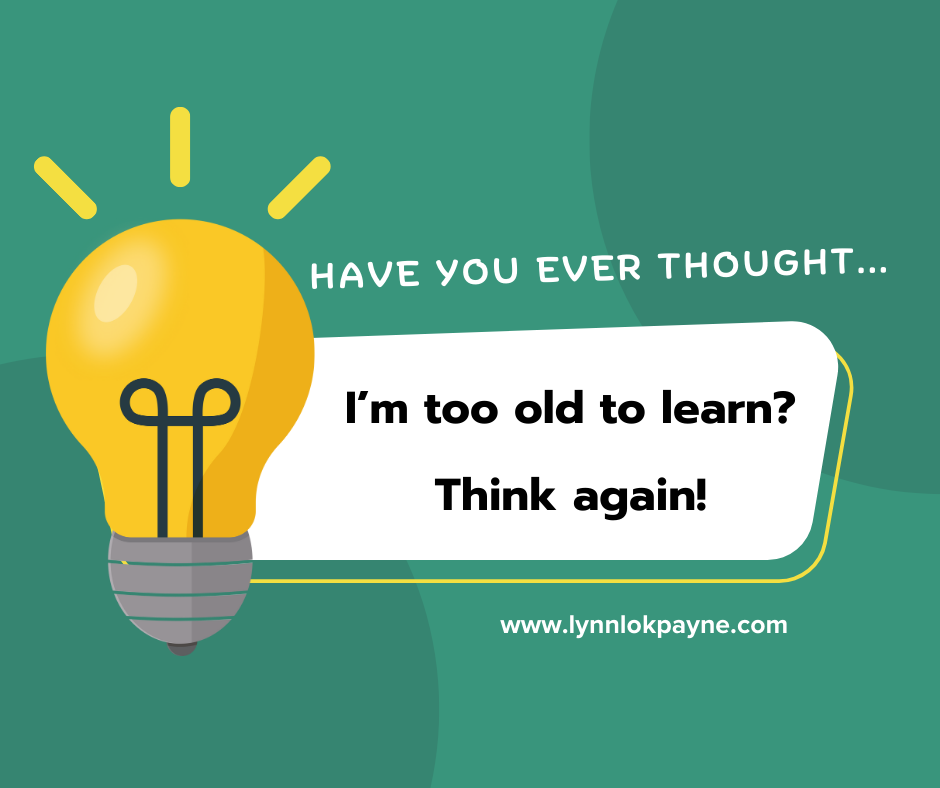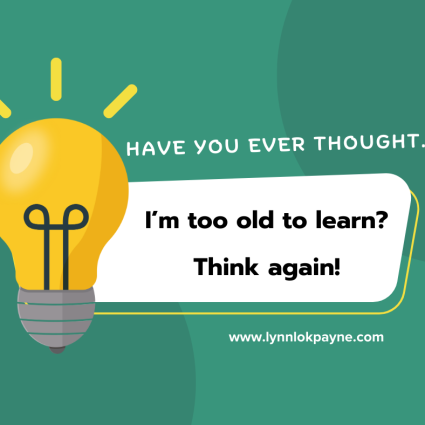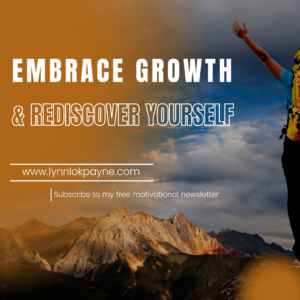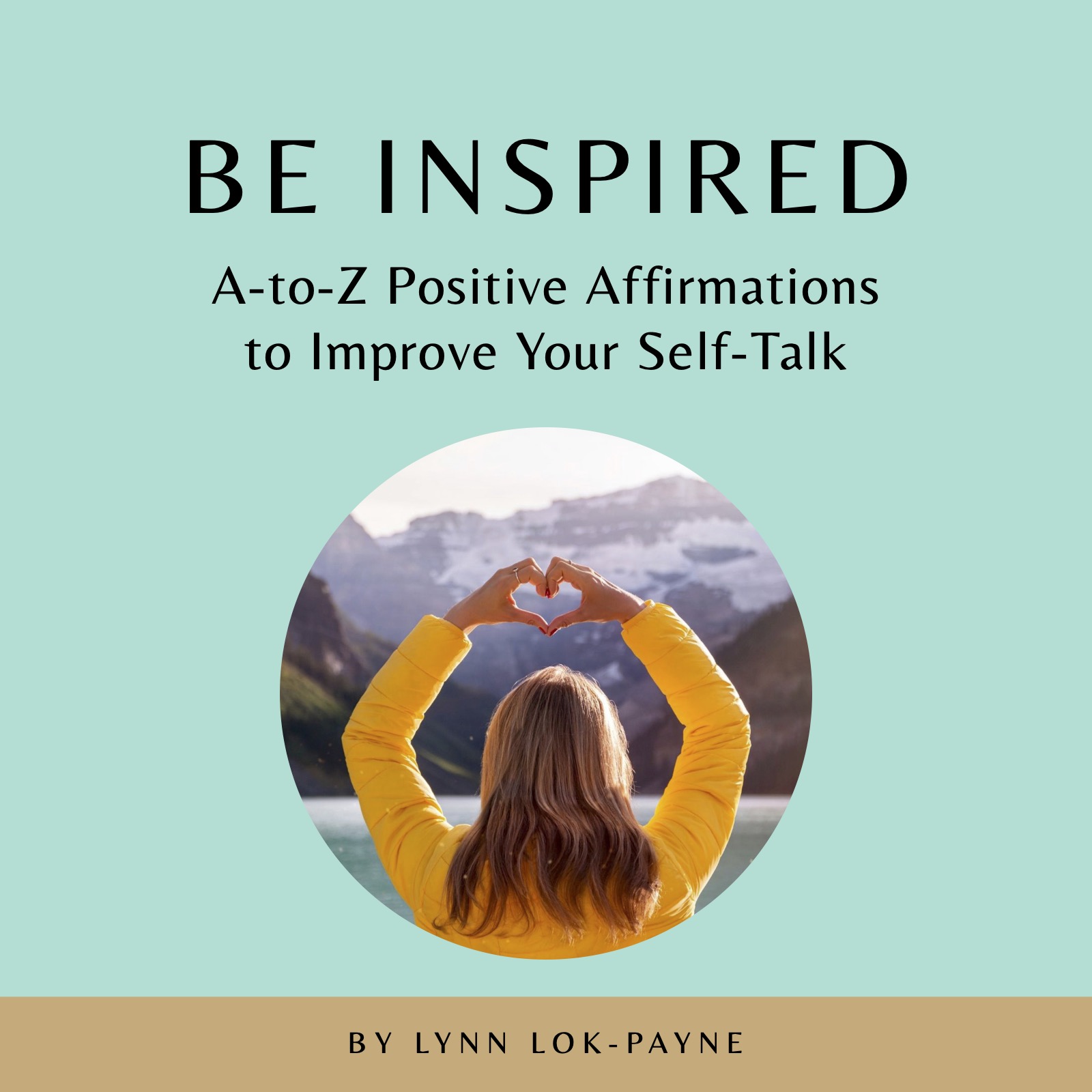
Recent research has confirmed that older adults can still learn, especially when learning multiple new skills at once. The positive effects on cognition continued and even grew months after the classes ended.
People of all ages can use these techniques, not just people over fifty-five. According to Rachel Wu, associate professor of psychology at UC Riverside, older adults can boost their cognition by learning new tasks using a child-like approach.
Cognitive Function Increases with Time
She discovered that one year later, after learning the new skills the subjects “tested higher for certain cognitive tasks prior to the learning. Consistently, the scores for cognitive functions increases on average at least two to three time, sometimes more.” 1 Scores grew higher with more time elapsed after the class.
“For both studies, the participants learned at least three new skills, such as Spanish, using an iPad, photography, painting, and music composition over three months.” 2
Tests were conducted before, during, and after the classes, with additional assessments at three, six, and twelve months. The median age was 66 in the first study and 69 in the second. And the minimum age requirement was 55. 3
“Remarkably, the cognitive scores increased to levels similar to undergraduates taking the same cognitive tests for the first time,” 4 Wu said. “Our finding of continuous cognitive growth in older adulthood is unique because most studies show only maintenance of cognitive abilities or cognitive decline over time.” 5
This is absolutely fascinating. So, what is happening here? “The key to the difference is learning multiple tasks simultaneously in an encouraging environment, similar to what children experience,” Wu surmises. 6 Older adults can adopt children’s learning behavior to enhance their learning.
How to Enhance Learning
Below are Wu’s suggestions:
- Approach learning with an open mind.
- Don’t fear criticism or failure.
- Be receptive to instruction.
- Willing to learn multiple tasks at once.
- Believe that you can improve with effort. 7
One More Thing…
Something that wasn’t mentioned that’s really made a difference in my life is to…Be Curious!
Be Curious Like a Child
I believe this is a crucial element, the basis, for children’s learning. It’s curiosity that drives them. If you are a parent, you remember ages two to five when children ask, Why? Why? Why? “Why is the sky blue?” “Why is raining?” “Why do I have to?” It all stems from curiosity and a desire to understand the world.
Curiosity is simply the pursuit of knowledge. We seek an answer. And then the brain’s reward circuitry kicks in and releases dopamine and this makes us feel happier. 8 Basically, our brain rewards us for learning. How cool is that!
Like a child, curiosity allows you to see the world with fresh eyes. Curiosity ignites interest, exploration, knowledge, excitement, and wonder. Approach life with the eyes of a child and discover its wonders. You may be amazed at what you find.
Curious individuals experience greater happiness, boosts achievement, strengthens relationships, among other advantages which can lead to more life satisfaction.
Encourage curiosity and remain a lifelong student to enhance cognitive abilities. Being curious inspires me to look at the world with fresh eyes. And it fuels my excitement and motivation to discover life’s blessings.
Let Go of Limiting Beliefs and Improve Your Life
1 https://news.ucr.edu/articles/2023/04/18/older-adults-may-achieve-same-cognition-undergrads
2-7 Ibid
8 https://greatergood.berkeley.edu/article/item/six_surprising_benefits_of_curiosity







